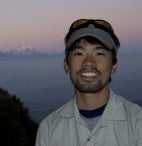Research in HBCU GAP includes faculty who study questions in molecular, cell, and developmental biology (for Xavier, FAMU, and UMES students) and questions in ecology and evolutionary biology (for Howard students). Students admitted to the HBCU GAP program will begin by preparing for research during the academic year via monthly videoconferences (via Zoom, a freely available platform) with their designated faculty mentors. Mentors and students will read and discuss the appropriate literature, consider possible areas of focus for summer research, and connect research preparation to the student’s coursework.
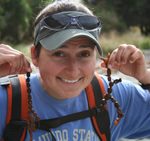
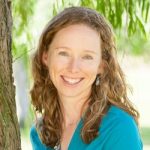
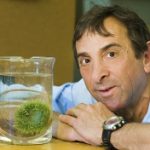
Dr. Grosberg received the 2000-2001 Division of Biological Sciences teaching award; 2003 UC Davis Academic Senate Citation for Distinguished Teaching; the 2010 UC Davis Prize for Teaching and Scholarly Achievement; and the 2016 UC Davis Graduate Mentoring Award.
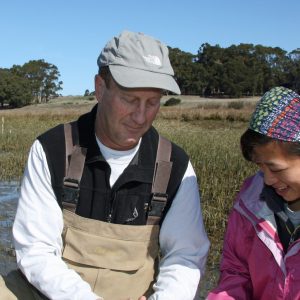
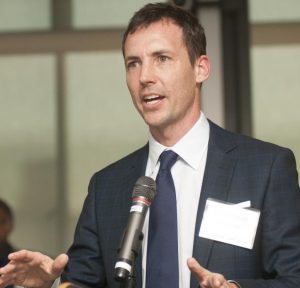
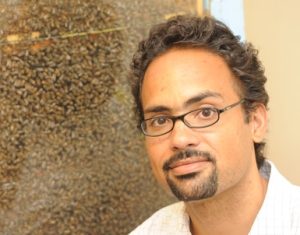
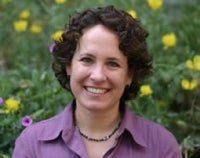
Dr. Patricelli received the UC Davis Chancellor’s Award for Mentoring Undergraduate Research in 2012.
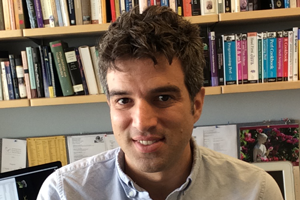
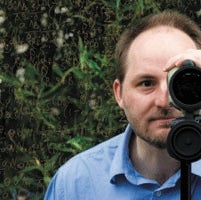
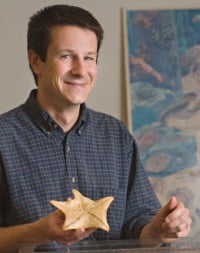
Dr. Stachowicz received the College of Biological Sciences teaching award in 2010-2011 and the UC Davis Academic Senate Citation for Distinguished Teaching in 2012.
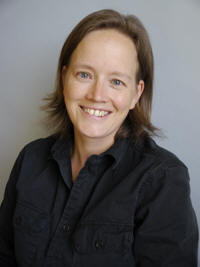
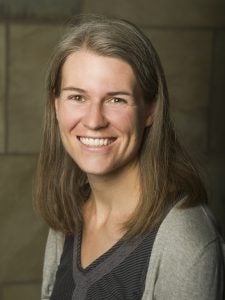
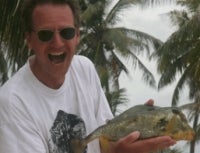
Dr. Wainwright received the Division of Biological Sciences teaching award in 2008-2009 and the UC Davis Academic Senate Citation for Distinguished Teaching in 2009.
